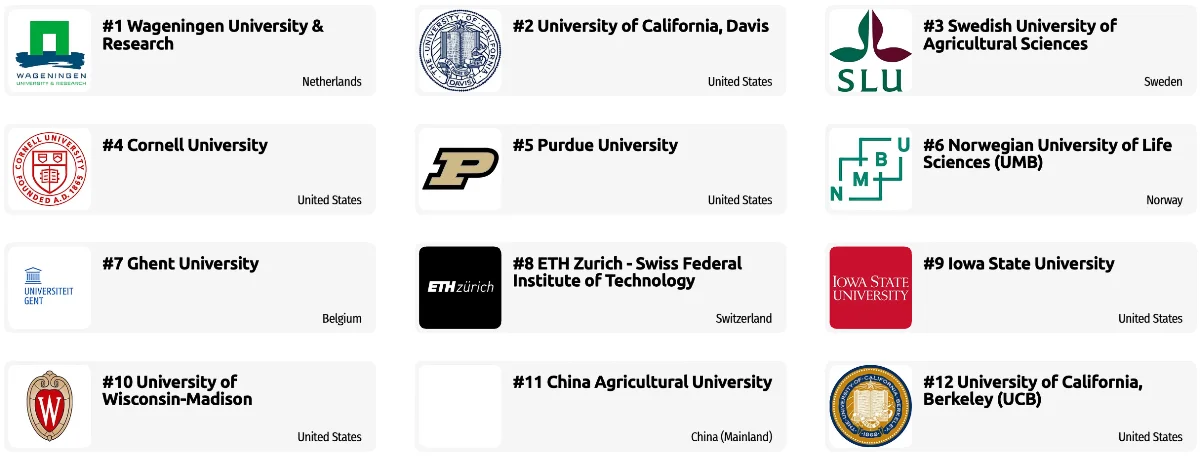Administrator

Any administrator should excel at:
- Providing information to supervisors, co-workers, and subordinates, as well as communicating with people outside the organization, representing the organization to customers, the public, government, and other external sources. This information can be exchanged in person, in writing, or by telephone or e-mail.
- Maintaining information files and processing paperwork.
- Recruiting, interviewing, selecting, hiring, and promoting employees in an organization, and getting them to work together to accomplish tasks by encouraging and building mutual trust, respect, and cooperation.
Inspector

Inspectors should be great at:
- Estimating sizes, distances, and quantities; or determining time, costs, resources, or materials needed to perform a work activity.
- Observing, receiving, and otherwise obtaining information from all relevant sources.
- Identifying information by categorizing, estimating, recognizing differences or similarities, and detecting changes in circumstances or events.
- Inspecting equipment, structures, or materials to identify the cause of errors or other problems or defects.
Other work activities related to Agricultural inspectors
- Inspecting agricultural commodities or related operations, as well as fish or logging operations, for compliance with laws and regulations governing health, quality, and safety.
- Inspecting or testing horticultural products or livestock for detecting harmful diseases, chemical residues, or infestations and for determining the quality of products or animals.
- Verifying that transportation and handling procedures meet regulatory requirements.
- Interpreting and enforcing government acts and regulations and explaining required standards to agricultural workers.
- Writing reports of findings and recommendations and advising farmers, growers, or processors of corrective action to be taken.
- Inspecting the cleanliness and practices of establishment employees.
- Monitoring the operations and sanitary conditions of slaughtering or meat processing plants.
- Inspecting food products and processing procedures for determining whether products are safe to eat.








